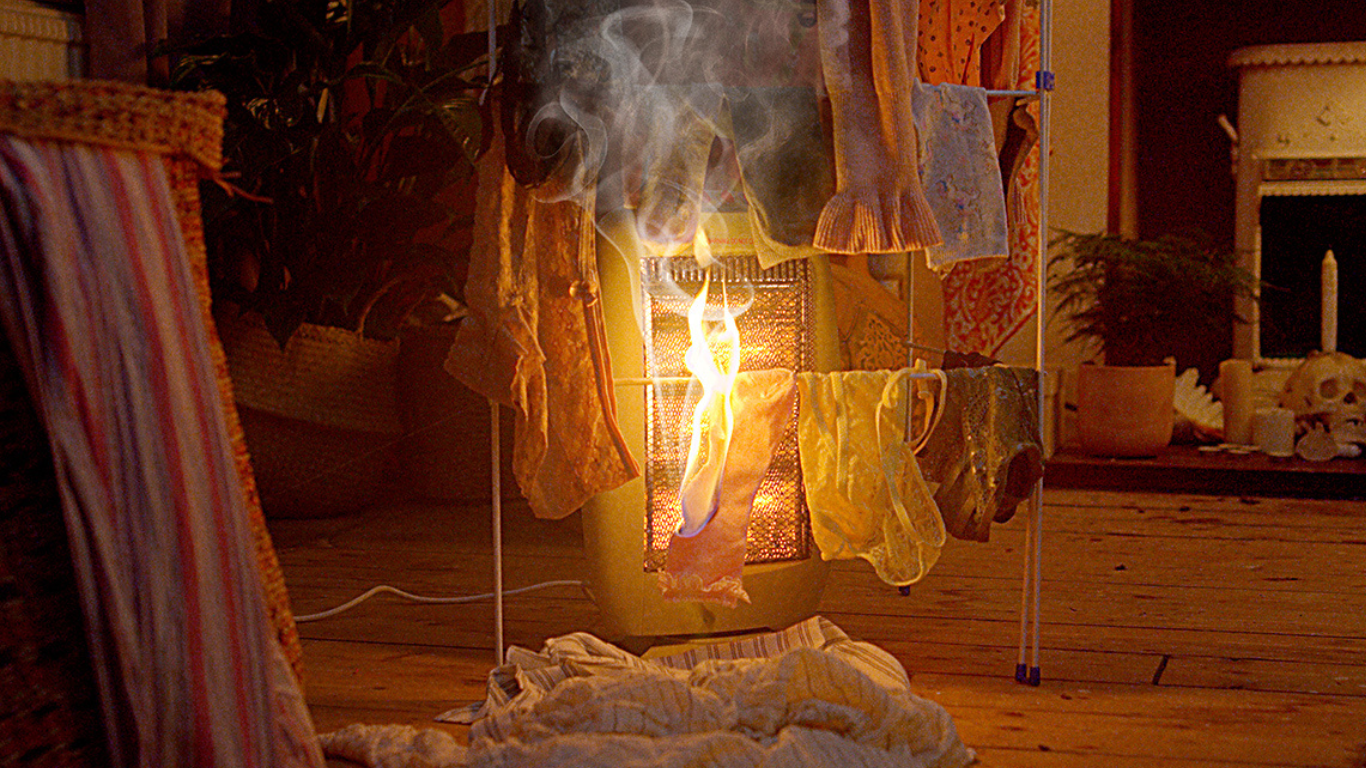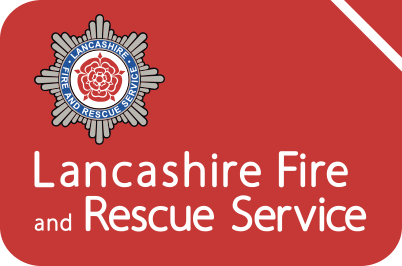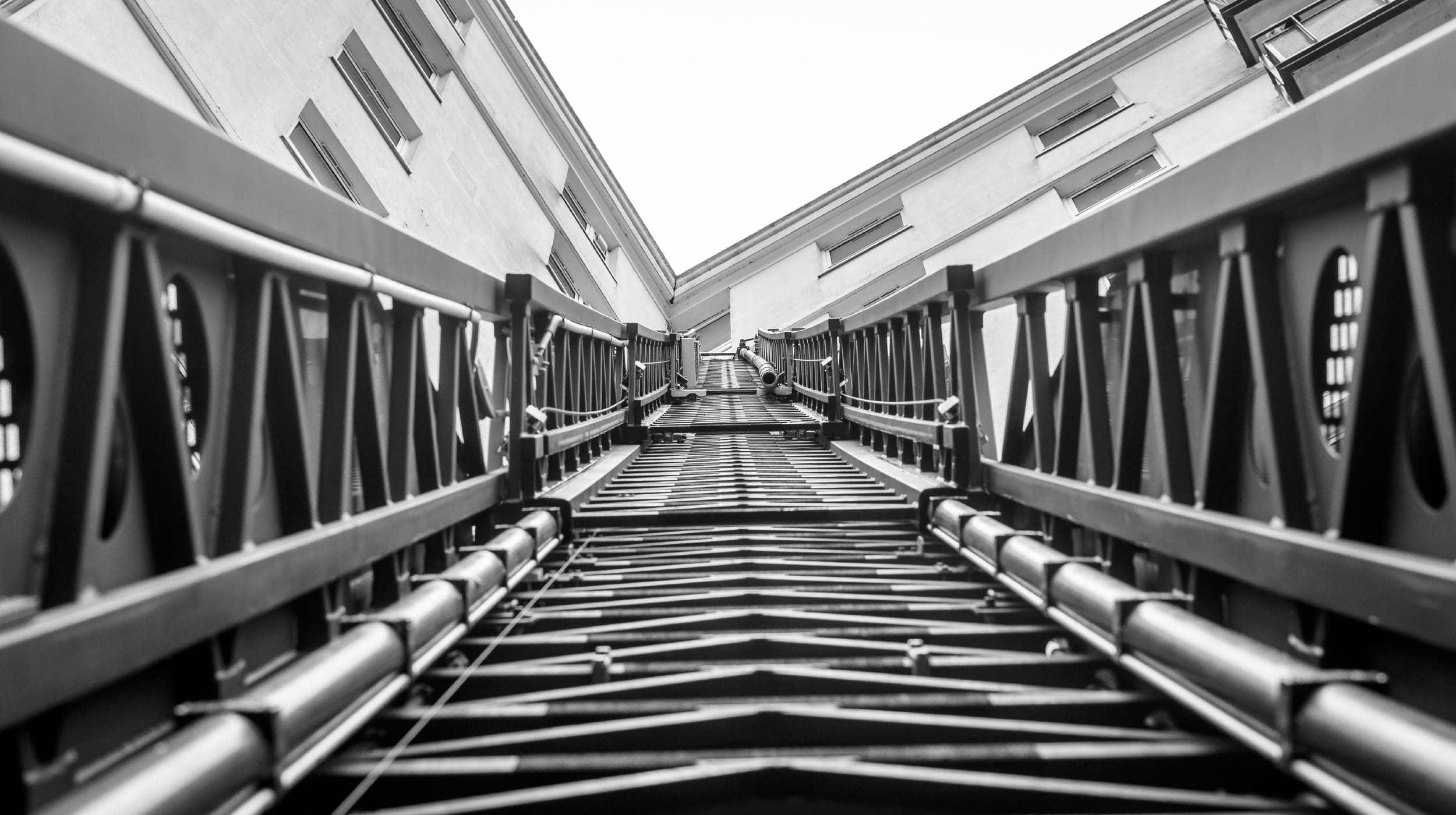 It comes as the colder weather hits and many households have lost the Winter Fuel Payment they relied on in previous years. LFRS predicts this may prompt households to use alternative methods to heat their home, including gas or open fires, log burners or electric heaters.
It comes as the colder weather hits and many households have lost the Winter Fuel Payment they relied on in previous years. LFRS predicts this may prompt households to use alternative methods to heat their home, including gas or open fires, log burners or electric heaters.
The ‘Stay Safe & Warm” campaign aims to raise awareness of the risks of using these appliances, share guidance on how to use them safely, and how to keep them maintained.
The advice includes:
Gas heaters and fires should be well ventilated, maintained regularly and a carbon monoxide alarm should be placed in the room in case of any functional problems and to keep the household safe and healthy.
Residents who plan to use open fires and log burners should use fireguards to prevent embers spreading to flammable items, while the chimney should also be swept regularly.
Electric heaters should be kept in good working order and kept away from flammable materials.
Outdoor heaters, barbeques, hobs or ovens should not be used to keep a room warm and, if gas-powered, pose a carbon monoxide poisoning risk.
Everyone should ensure they have working smoke alarms – at least one on each level of the home.
Liam Wilson, Group Manager for Prevention at Lancashire Fire and Rescue Service: “It’s really important that we all cope safely with the rise in the cost of living and we don’t put ourselves or our loved ones at risk. We want to encourage people to heat their homes safety whilst be energy efficient, reducing the risk of fire in the home.”
LFRS is working with a range of partners to protect the most vulnerable members of the community and raise awareness of the fire and carbon monoxide risk associated with finding alternative ways to cook and heat the home.
We also encourage people to register for a home fire safety check for themselves or their loved ones. By answering a few simple questions, it will provide fire safety advice specific to you and tips on how to keep you and your household safe from fire. For those most at risk, we can visit the home to provide help and advice. Register online or call 0800 169 1125.



 It comes as the colder weather hits and many households have lost the Winter Fuel Payment they relied on in previous years. LFRS predicts this may prompt households to use alternative methods to heat their home, including gas or open fires, log burners or electric heaters.
It comes as the colder weather hits and many households have lost the Winter Fuel Payment they relied on in previous years. LFRS predicts this may prompt households to use alternative methods to heat their home, including gas or open fires, log burners or electric heaters.


